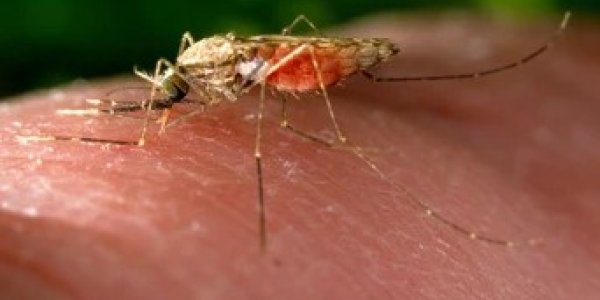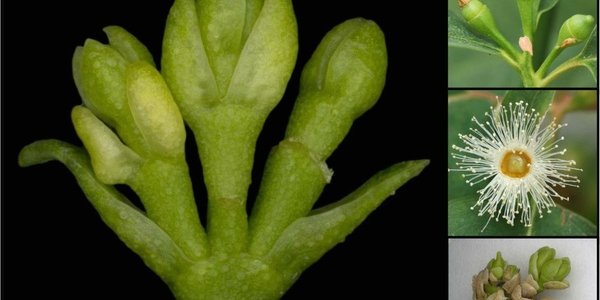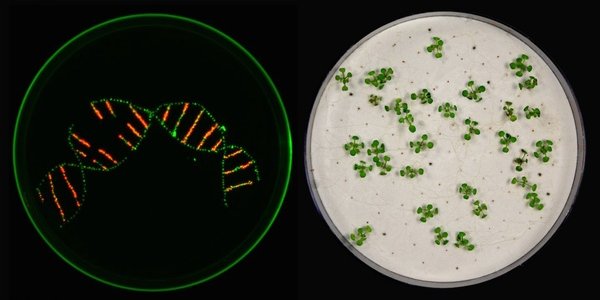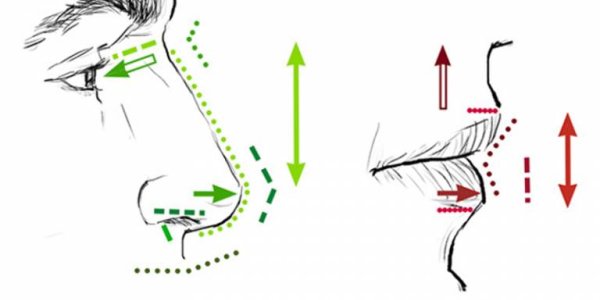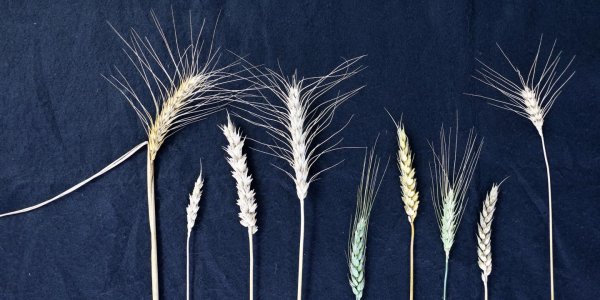This Malaria Preventing Mosquito Is Not A GMO But Is A Science Boost For Nature - Will Activists Want To Block It?
Mosquitoes like Aedes aegypti don't have any value ecologically. If Thanos snapped them out of existence tomorrow there is nothing they do that won't immediately be taken up by 3,000 other mosquito…
